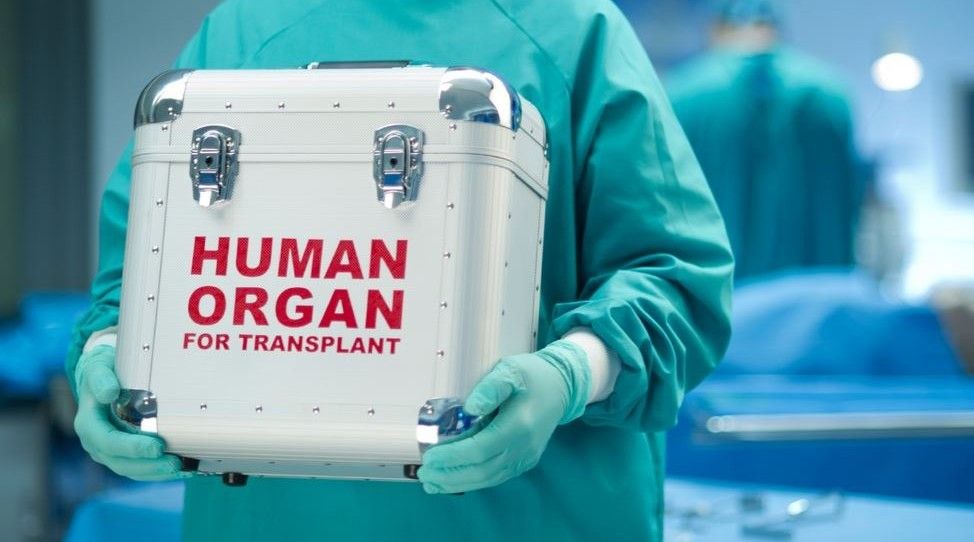Penna Dexter
Last month Maine became the eighth state to legalize physician-assisted suicide.
The Daily Signal called this an “ominous trend” stating: “Once physician-assisted suicide is on the table, doctors, families, and insurers encounter perverse incentives to end the lives of the most vulnerable — the sick, the disabled, the very young, or very old.”
One perverse incentive that’s cropping up is organ donation. In Canada, where assisted suicide has been legal for three years, the Canadian Medical Association has found it necessary to issue guidelines aimed at disentangling decisions for organ donation and assisted suicide. The guidelines don’t completely separate the two. According to the document, doctors are allowed to raise the subject of organ donation with assisted suicide patients.
The document also states that the removal of a patient’s organs must not begin until the person is medically deceased with no heartbeat.
This particular restriction has generated some pushback, based upon the quality of donated organs. In a Wall Street Journal op-ed, F.H. Buckley, a professor at Scalia Law School at George Mason University, points out that two Canadian medical researchers and a Harvard bioethicist have suggested “a superior model” which would be “to kill the patient by removing the organs.”
In their article published in the New England Journal of Medicine, these researchers admit that some assisted suicide patients wouldn’t want their organs harvested until they are dead. They argue, however, that others “may want not only a rapid, peaceful, and painless death, but also the opportunity of donating as many organs as possible and in the best condition possible.”
Canadians insist upon their “dead donor rule.” But where assisted suicide has been legal longer, “medical caregivers’ veiled cues” do influence depressed and dependent people to end their lives. With patients in line for organs, the pressure is even greater.
Professor Buckley recommends states refuse to approve assisted suicide because some “really bad things are a tippy-toe down the slippery slope.”
 Listen Online
Listen Online Watch Online
Watch Online Find a Station in Your Area
Find a Station in Your Area











 Listen Now
Listen Now Watch Online
Watch Online
